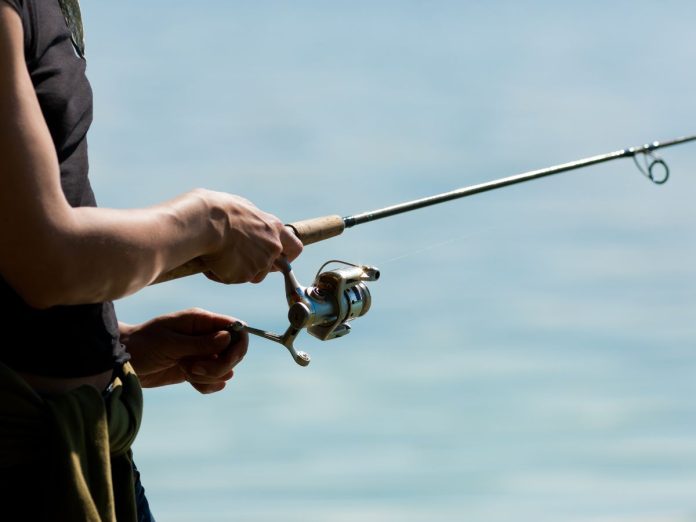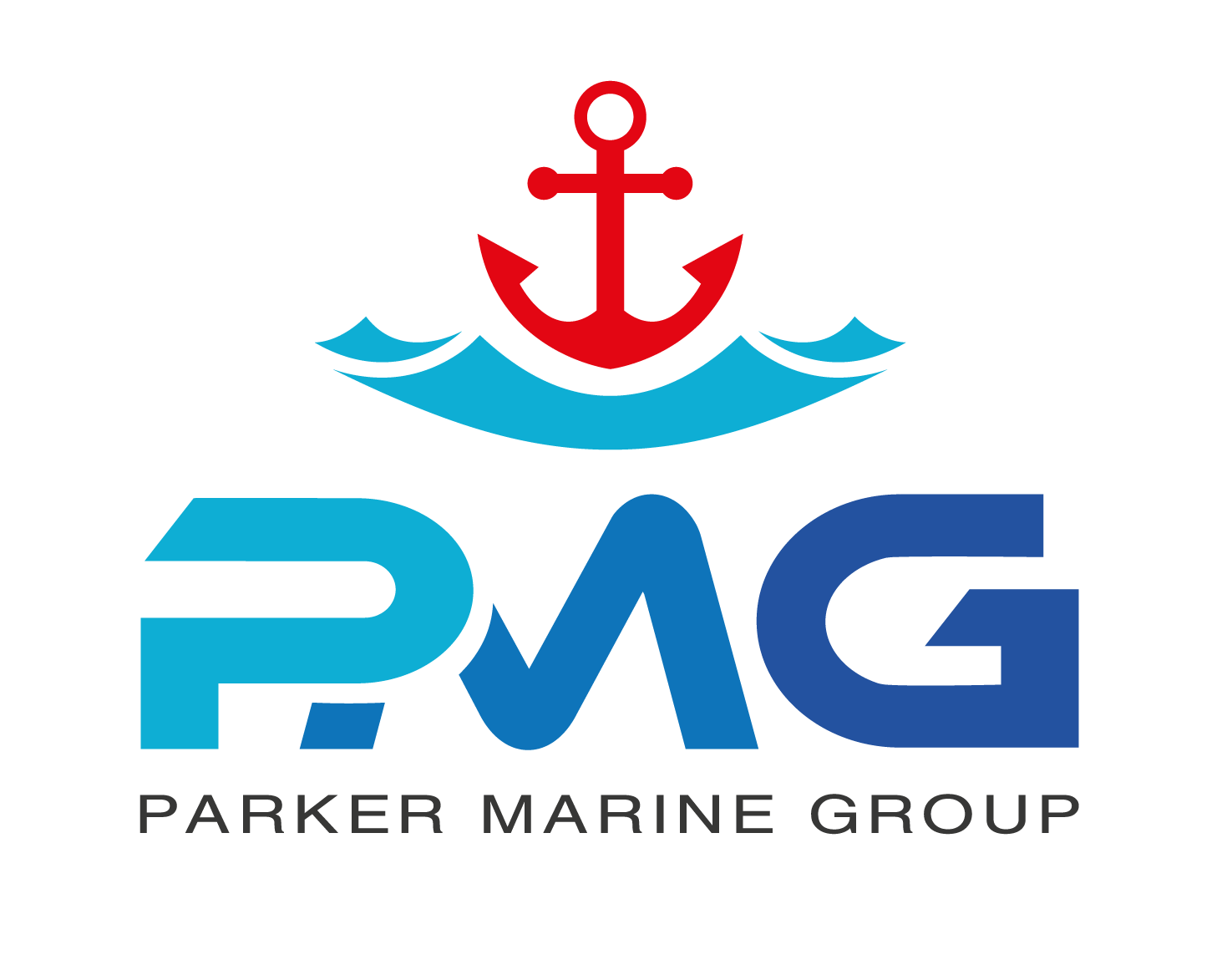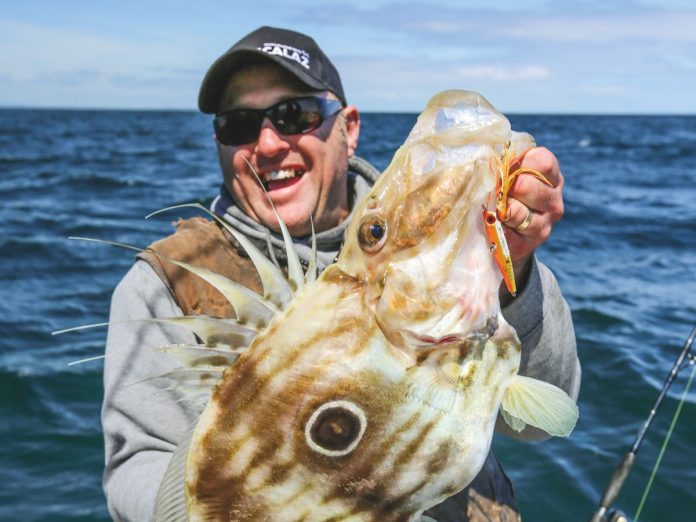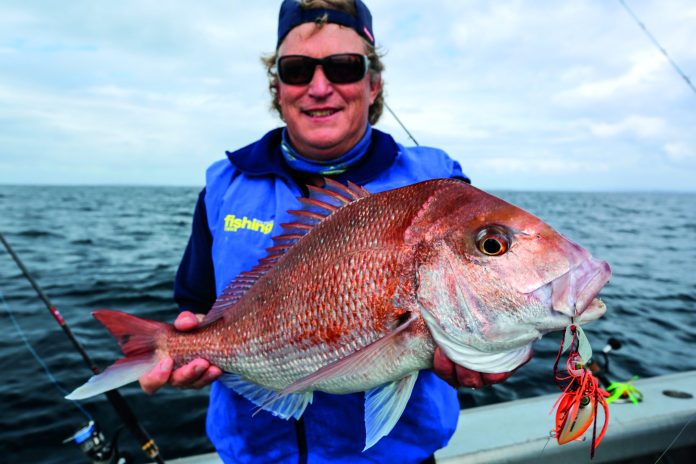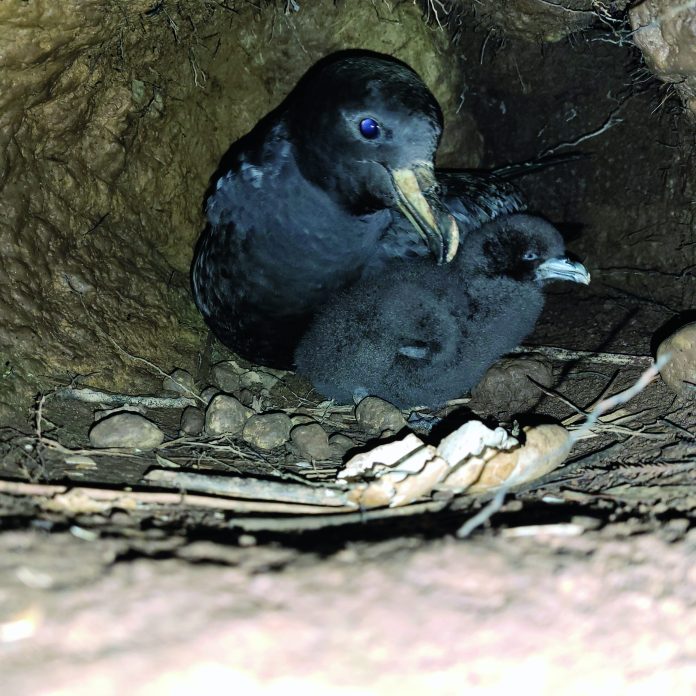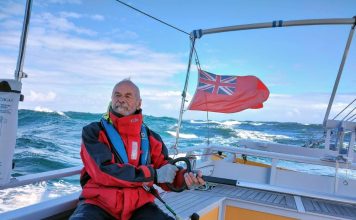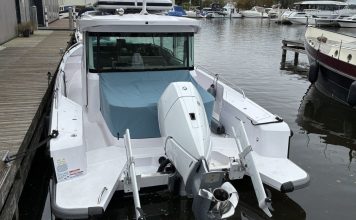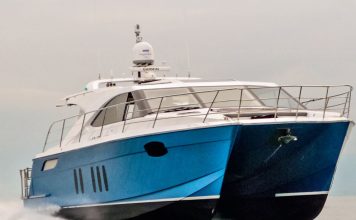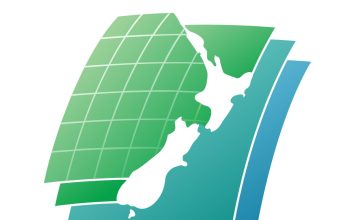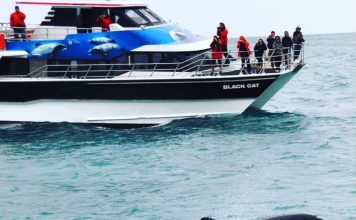New Zealand is blessed with lakes and rivers that offer some of the finest freshwater fishing in the world — and for boaties, these waters are more than destinations, they’re gateways to adventure. Whether it’s trolling a lure behind the boat on Lake Taupō, drifting the Rotorua Lakes at dawn, or exploring the hydro canals of the MacKenzie Country, fishing from a boat opens up experiences shore anglers never see.
Overseas anglers speak with awe about our trout — the rainbows of the Tongariro, the giant browns of the South Island, and the salmon that thrive in alpine lakes. Yet many Kiwis overlook the quality on their doorstep. Licences are affordable, family options are available, and the methods — from trolling to jigging or casting soft plastics — fit naturally with time afloat.
Modern electronics make it easier to find fish, but it’s the boating lifestyle that elevates the experience. Families can share relaxed trolling sessions, friends can anchor up to fly fish at sunset, and the boat becomes a platform for both fishing and connection.
Freshwater fishing from a boat is more than a pastime. It’s a uniquely Kiwi way of blending boating, family, and wild places into moments you’ll never forget.
A long-overdue change
And as more people rediscover this side of boating, the rules are finally catching up. From the coming season, Fish & Game’s family fishing licence will at last put both adults on equal footing. Until now, the “second adult” named on a family licence—very often a woman—could not fish independently or take part in Fish & Game elections.
Hunting and Fishing Minister James Meager called the update “a common-sense change” that removes barriers and modernises a dated system. “It’s my hope this will make it easier for more women and young families to enjoy angling,” he said, after announcing the move on the banks of the Rakaia Gorge.
The change follows University of Otago research that confirmed what many already knew: outdated licensing rules had become a quiet obstacle for women’s participation. Acting Chief Executive, Fish and Game New Zealand, Richie Cosgrove says that while 13% of individual licence holders are women, the figure rises to 30% when family licences are included. “If women angled at the same rate as men, we could see up to 60,000 more enjoying our rivers and lakes.”
Opening the river by boat
But for many Kiwis, access to the best water means climbing aboard a boat.
Fishing by boat or using a boat to access better fishing grounds opens up more water and can deliver a richer day on the river or lake. Always check local rules before you head out—seasons, catch limits, licence requirements, and permitted methods can vary. Each Fish & Game region has its own section online with updates, regulations, and contacts for licence agents.
In the Central Plateau, trawling boats carry anglers down the Tongariro and Waikato Rivers, providing access to remote runs impossible to reach from the bank. Lake Taupō itself is alive with trolling boats, charter launches, and family craft fishing for fat rainbows. On the South Island, the mighty Clutha and Waiau reward those with a skipper’s hand on the oars, while the Waitaki offers multi-day guided trips by drift boat that open up high-country waters.
Freshwater boat angling is not only practical but cultural. Generations of families have set out in tinnies, rafts, or specialised flat-bottomed or drift boats to reach fishing grounds. For many women and families, boating is the way into angling: less time bush-bashing for access, more time actually fishing.
Making freshwater fishing more inclusive
Fish & Game has confirmed that licence prices will remain unchanged for the 2025/26 season—the first time in five years fees haven’t risen. For families under financial pressure, the freeze helps. For women anglers, the rights update matters more.
Patron Dame Lynda Topp summed it up: “I am delighted the Minister has acted upon changes to the family licence, which will encourage more women to get out on our rivers and give angling a go.”
Her words resonate equally with those who wade into the shallows and those who push off in boats. Freshwater fishing in New Zealand has always been about both banks and boats. This long-overdue licence reform ensures that everyone on board—literally and figuratively—now has the right to fish.








